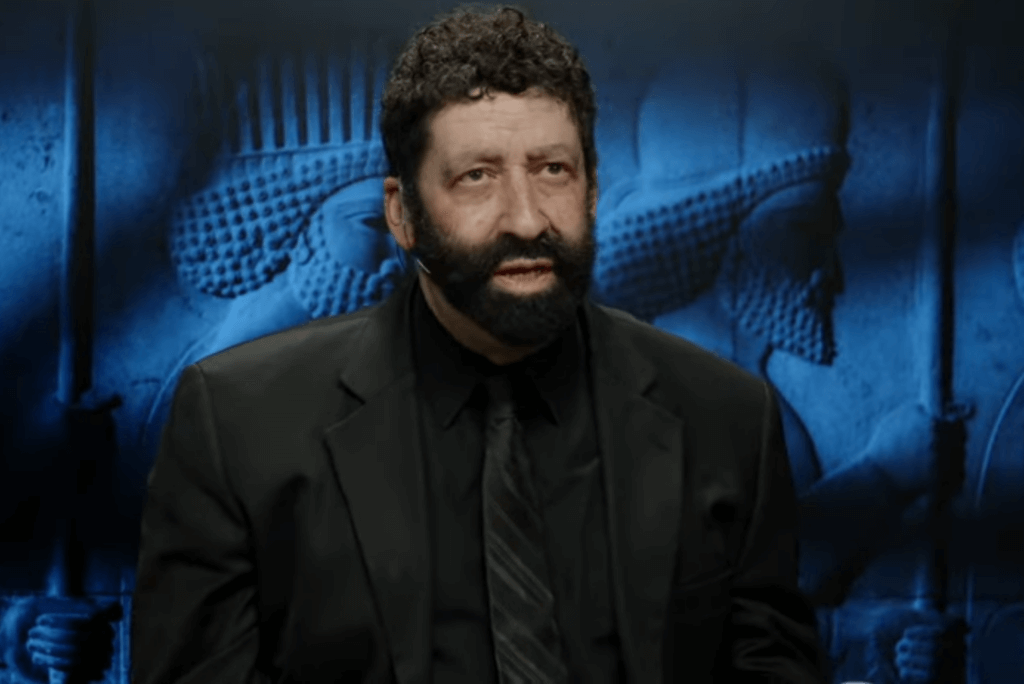Iran on Tuesday rejected as “unacceptable” U.S. President Barack Obama’s demand that it freeze sensitive nuclear activities for at least 10 years, but said it would continue talks aimed at securing a deal, Iran’s semi-official Fars news agency reported.
“Iran will not accept excessive and illogical demands,” Iranian Foreign Minister Mohammad Javad Zarif was quoted as saying by Fars.
“Obama’s stance … is expressed in unacceptable and threatening phrases … ,” he reportedly said, adding that negotiations underway in Switzerland would nonetheless carry on.
Zarif and U.S. Secretary of State John Kerry sat down for a second day of meetings hours after Obama had told Reuters that Iran must commit to a verifiable halt of at least 10 years on sensitive nuclear work for a landmark atomic deal to be reached.
The aim of the negotiations is to persuade Iran to restrain its nuclear program in exchange for relief from sanctions that have crippled the oil exporter’s economy.
The United States and some of its allies, notably Israel, suspect Iran of using its civil nuclear program as a cover to develop a nuclear weapons capability. Iran denies this, saying it is for peaceful purposes such as generating electricity.
Kerry and Zarif met in the Swiss lakeside town of Montreux as Israeli Prime Minister Benjamin Netanyahu prepared to criticize the diplomacy in a speech to Congress in Washington.
Despite the tough tone of Zarif’s remarks quoted by Fars, the Iranian struck a more conciliatory tone when he spoke briefly to reporters after about two hours of talks with Kerry.
Asked if the two sides had reached an agreement, Zarif replied: “We’ll try, that’s why we are here.”
“There is a seriousness that we need to move forward. As we have said all along, we need the necessary political will to understand that the only way to move forward is though negotiations,” he added.
Speaking after the morning round of talks, Kerry told reporters: “We’re working away. Productively.”
The two sides have set a deadline of late March to reach a framework agreement and of June for a comprehensive final settlement that would curb Iran’s nuclear activity to ensure it cannot be put to bomb making in return for the lifting of the economic sanctions.
Iran wants a swift end to sanctions in any deal — one of the sticking points in the high-level negotiations.
While the United States has played the lead role in the talks with Iran, it is representing five other major powers: Britain, China, France, Germany and Russia — a group collectively known both as the P5+1 and the E3+3.
Speaking in Geneva, German Foreign Minister Frank-Walter Steinmeier sounded an upbeat note, saying the negotiations had made more progress in the past year than in the previous decade.
“The talks between the E3+3 and Iran are also advancing well,” he told the U.N.-backed Conference on Disarmament. “I would even go so far as to say that in 10 years of negotiations, we never achieved as much progress as we have made this year.”
© 2015 Thomson Reuters. All rights reserved.
See an error in this article?
To contact us or to submit an article





















